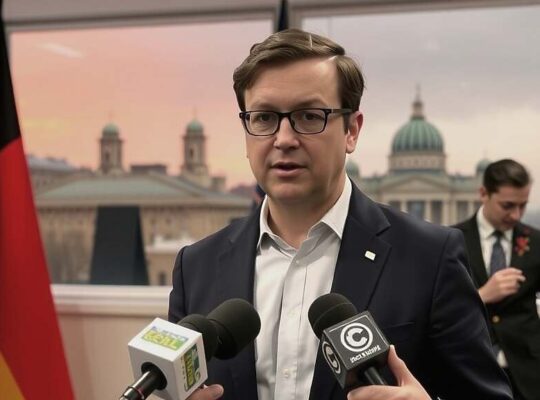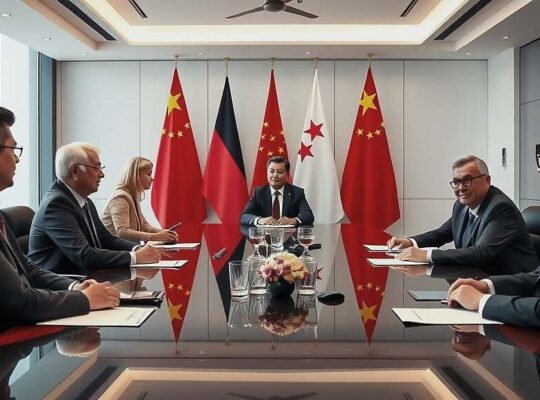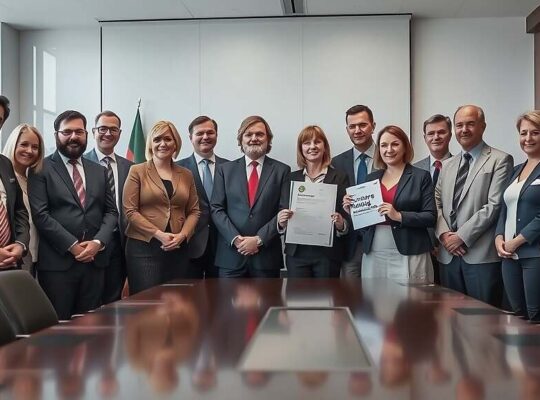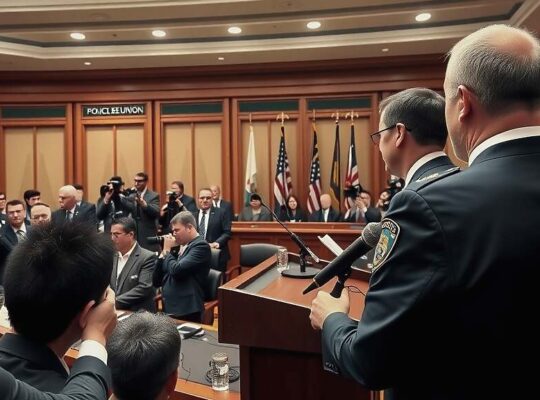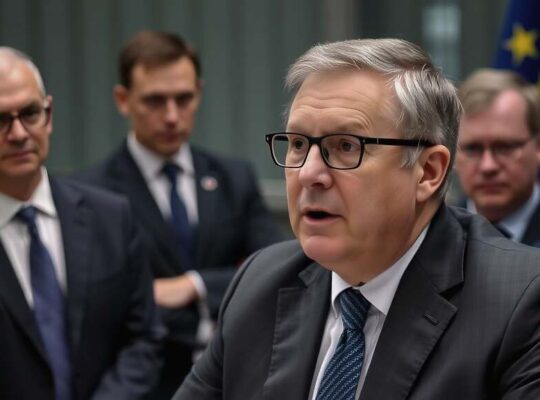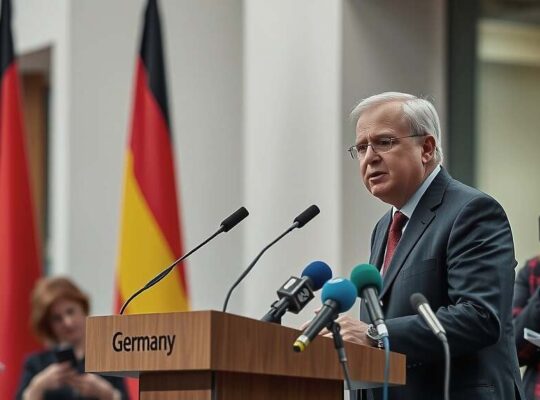The German Foreign Minister, Johann Wadephul of the Christian Democratic Union (CDU), is facing internal scrutiny over his recent remarks concerning the potential for voluntary repatriation of Syrian refugees, a development now being defended by the Social Democratic Party (SPD), the CDU’s coalition partner. The situation highlights a growing tension within the German government regarding its approach to Syria and the complex issue of refugee returns.
Wadephul’s comments, delivered during a visit to Damascus and the heavily damaged suburb of Harasta, acknowledged the significant infrastructural challenges hindering large-scale returns. He characterized voluntary repatriation as “very limited at the present time” while cautiously suggesting the possibility of deporting a minuscule number of criminal offenders to Syria. These remarks have drawn criticism from within the CDU and its Bavarian sister party, the CSU, who accuse Wadephul of potentially undermining efforts to discourage unauthorized returns and presenting a misleading picture of conditions in Syria.
Adis Ahmetovic, the SPD’s parliamentary spokesperson for foreign policy, has stepped in to publicly support Wadephul, echoing the sentiment that the Foreign Minister enjoys considerable trust both within the government and amongst the wider public. Ahmetovic emphasized Wadephul’s commitment to a foreign policy guided by interests and values, asserting that this approach resonates beyond partisan lines. However, he conceded differences in emphasis on specific issues, framing the ongoing friction as a normal consequence of coalition governance.
The SPD’s defense of Wadephul signals a potential strategic divergence. While the CDU appears to prioritize domestic political concerns and potential electoral backlash regarding refugees, the SPD seems more willing to adhere to a pragmatic, even if uncomfortable, foreign policy stance regarding Syria. Critics argue that Wadephul’s statements, while acknowledging the current realities on the ground, risk downplaying security concerns and the ongoing human rights situation in Syria, effectively legitimizing the Assad regime’s efforts to encourage returns.
The episode underscores the delicate balancing act required by the German government – navigating the imperative to address public anxieties about migration while maintaining a realistic and ethically sound foreign policy toward a country still grappling with the aftermath of a brutal civil war. The internal debate within the coalition suggests that these issues are far from settled and will continue to shape Germany’s engagement with Syria and its refugee population.



